National Commissions :
a strategic win-win partnership
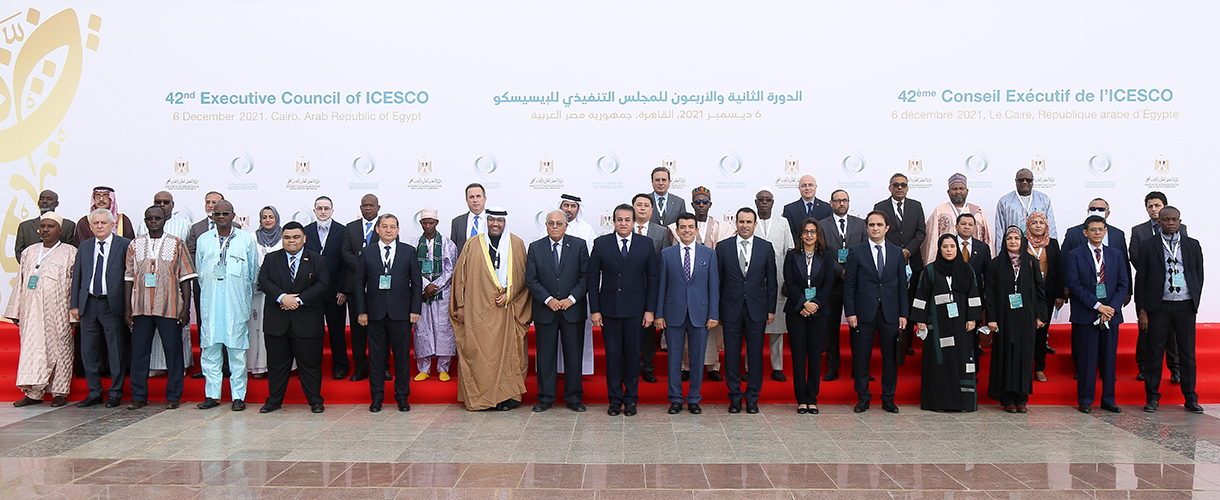
Designed to be global and open to all of the world, ICESCO's new strategic vision has prompted us to redefine our priorities and review our working methods and tools. Accordingly, the win-win partnership we are building everyday with our National Commissions hinges on three fundamental values: knowledge sharing, continuous innovation and co-creation of added value.
The guiding principles of our action consists mainly of closely following up the evolution of the sectors of education, science and culture at the regional and international levels; constantly lending ear to our Member States to cater for their needs and expectations; bringing them the benefit from our expertise network to help them properly implement their domestic strategies and plans; and building their capacities to overcome development-specific challenges. Actually, we formulate these principles with National Commissions in order to establish a more inclusive, more resilient, more sustainable and smarter Islamic World.
Our mechanisms
Composed of ministers – or their substitutes – appointed by their governments. It convenes every three years
Composed of a representative of each Member State appointed from among the competent persons
Periodic high-level sectorial gatherings bringing together ministers and decision-makers from Member States to discuss major issues of common interest
Regional and interregional meetings of National Commissions to discuss and define the sectoral and strategic priorities of the Organization
Equipped with more “user-friendly” features, OICStat currently hosts 1134 indicators under 25 categories dating back to 1985. To ensure data completeness and methodological comparability among the OIC countries, the OIC-Stat database currently presents data on member countries extracted from databases of officially recognized international organisations.
These include the following:

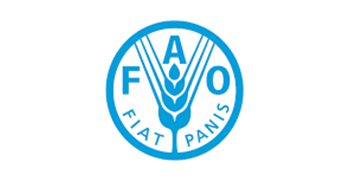
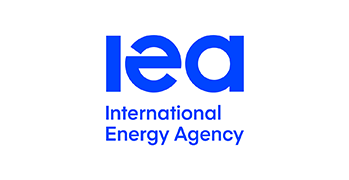
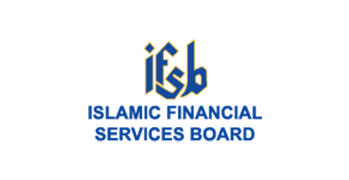
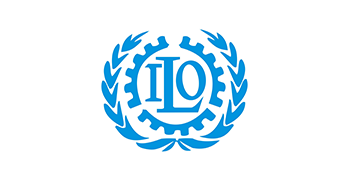
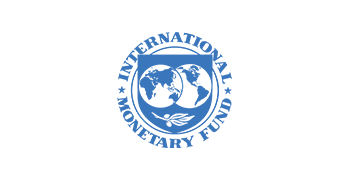
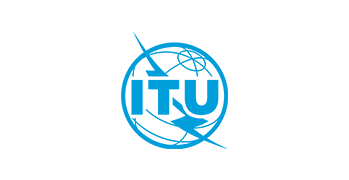
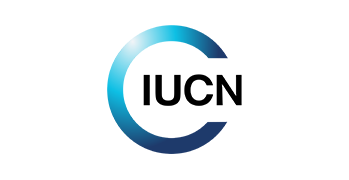
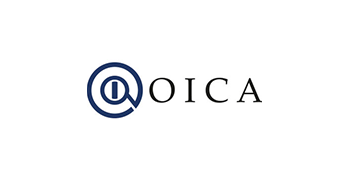
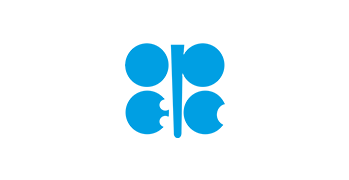
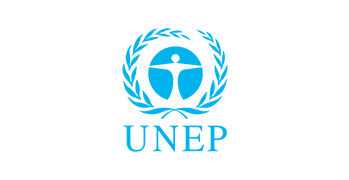
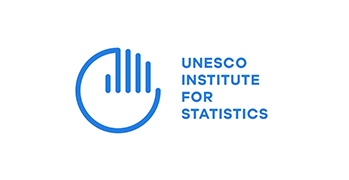
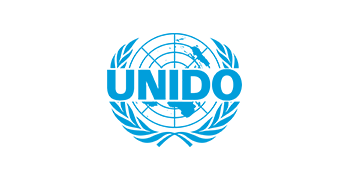
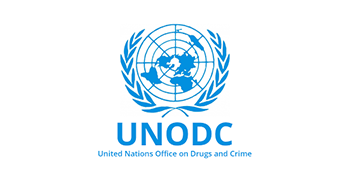
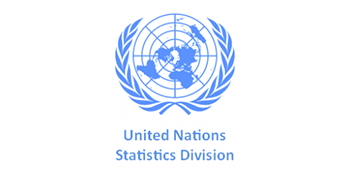
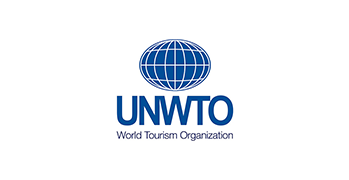
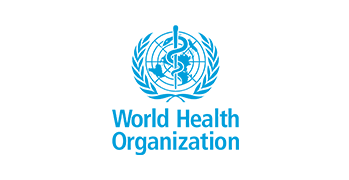


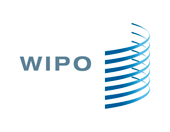
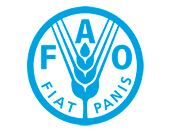
Fortifying Systems,
Reshaping Minds

